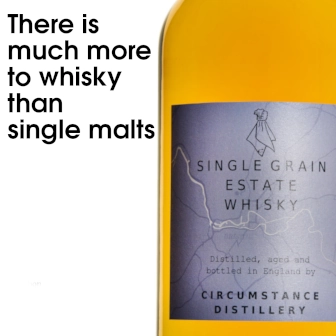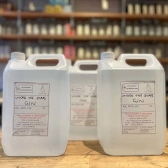Circumstance Distillery
Organic multi-grain mash bills. Brewing yeasts. Seriously long fermentations.
Modern English Whisky
Newsletter subscribers will be notified of new releases. For a guaranteed opportunity to purchase all new release please join the Circ Club
Join our email newsletter


